Back to this collage by Pete Spence and remixer Andrew Topel–mainly to get another entry out of the way without much work, but also to provide . . . an insight:
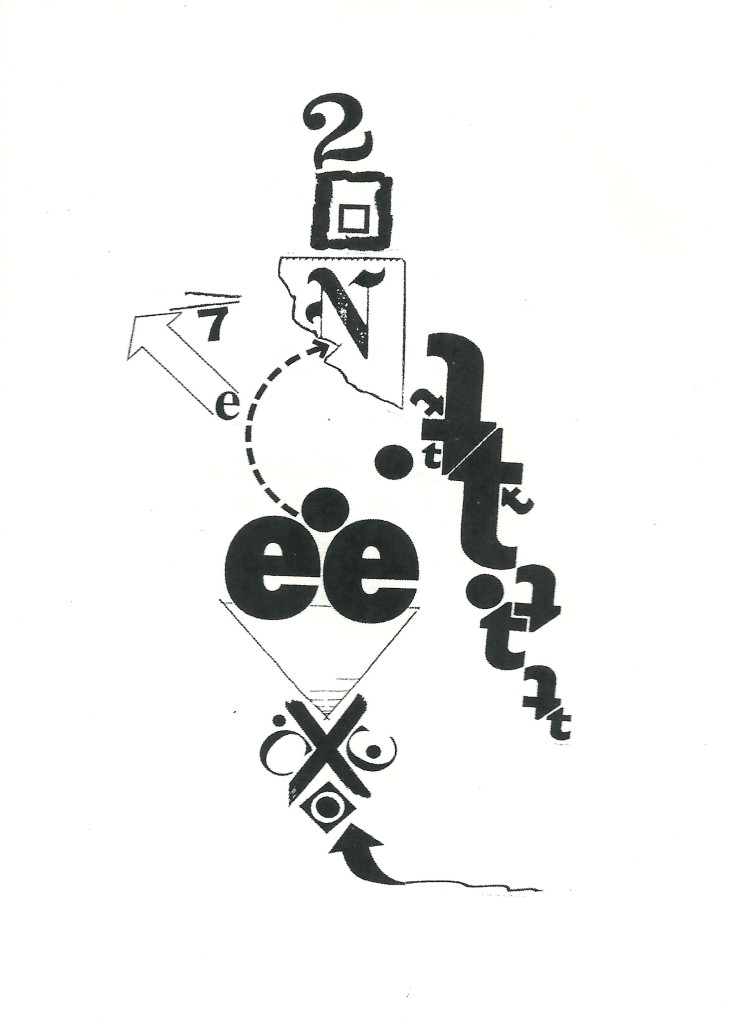
I’m a bit more out of it even than usual because of stupid daylight savings, but also because yesterday I had to put in a lot of worrisome work on the latest installment of my Scientific American guest blog that kept me up past my bedtime. The entry is here.
One interesting thing about it that I think will amuse those who have been following my career here and at New-Poetry the entry’s mention of a poem by none other than Rita Dove (inclusion of the full text of her poem would probably have cost too much)–and I praise it inordinately! I really didn’t want to do a favor for such an exemplar of all I’m against in the poetry scene, but I loved the poem! What can I say?
A thought out of nowhere: it occurred to me while thinking about creative person’s apparent susceptibility to bipolarism in some form or another that I was a “lifetime-phase” manic-depressive in that I was in my manic phase–relatively high-energy and confident–self-despising in a manic way, by which I mean I was angry with myself not sad about myself, and that I went into my depressed phase around sixty, aided no doubt by being hit with prostate cancer at 57, and have since been always tired, except when I’ve taken my zoom-dose (hydrocodone plus caffeine). My thyroid conked out along the way. My theory: that I used up my endocrine system due to my mania, leaving me unable to generate any kind of energy without the help of drugs. I’m exaggerating, I’m certain, but I think there may be more than a little truth in what I’m saying.
Okay, now for the insight I’m sure you’ve been impatiently awaiting. I take the Spence/Topel work to be a wonderful evocation of mathematical voyaging which begins, for me with the t’s, the famed symbol of “time,” and here forming plus-signs–and arrows helping the two actual arrows in the piece (and the triangle) represent the directive character of mathematics this piece involves, but leading away from the voyage as time approaches zero. The voyage, it is quickly apparent, begins at the bottom with the hand-drawn X the voyage seems being taken to determine the “N” of. which, we see, is rather regally exotic. Decimal points, e’s for energy, and 2 c’s for constants along the way, but with the triangle in opposition, and another arrow to remind us (energetically) of the incompleteness of the solution we’re headed toward, as does the separating equals-sign near the arrow’s head. An exciting map–of a fully dimensional adventure, for me, because of the 2 and the 7, which combine to equal 3 cubed.
The interpretation I just unspooled is unquestionably subjective. I offer it merely to indicate where one person let the work take him–based with a fair amount of reason on what’s there in the work. I hope it also suggests that the work, for being able to suggest so much–the voyage a mathematical attempt to solve something can be–the work is a superior one. It should inspire other interpretations, some entirely different, but none inconsistent in some general way with mine.
.

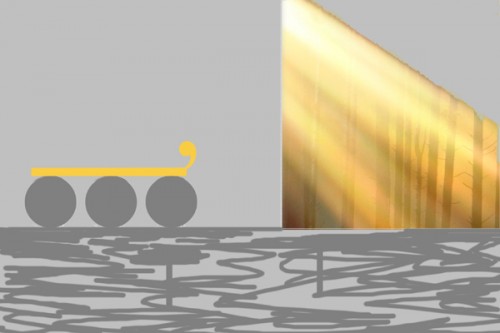
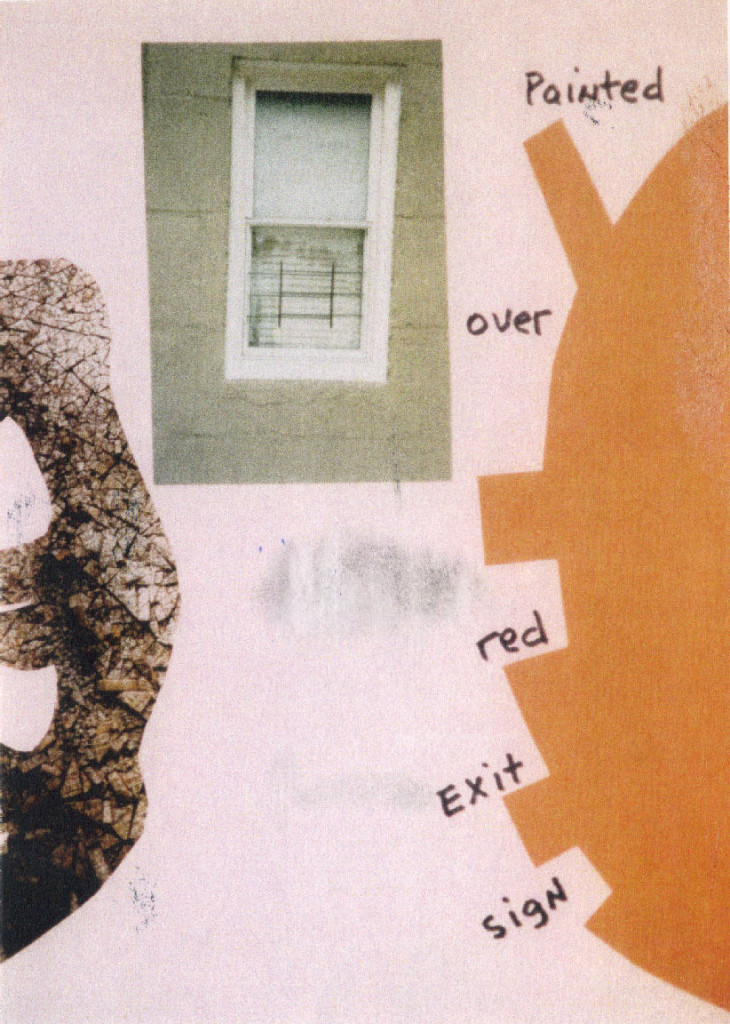
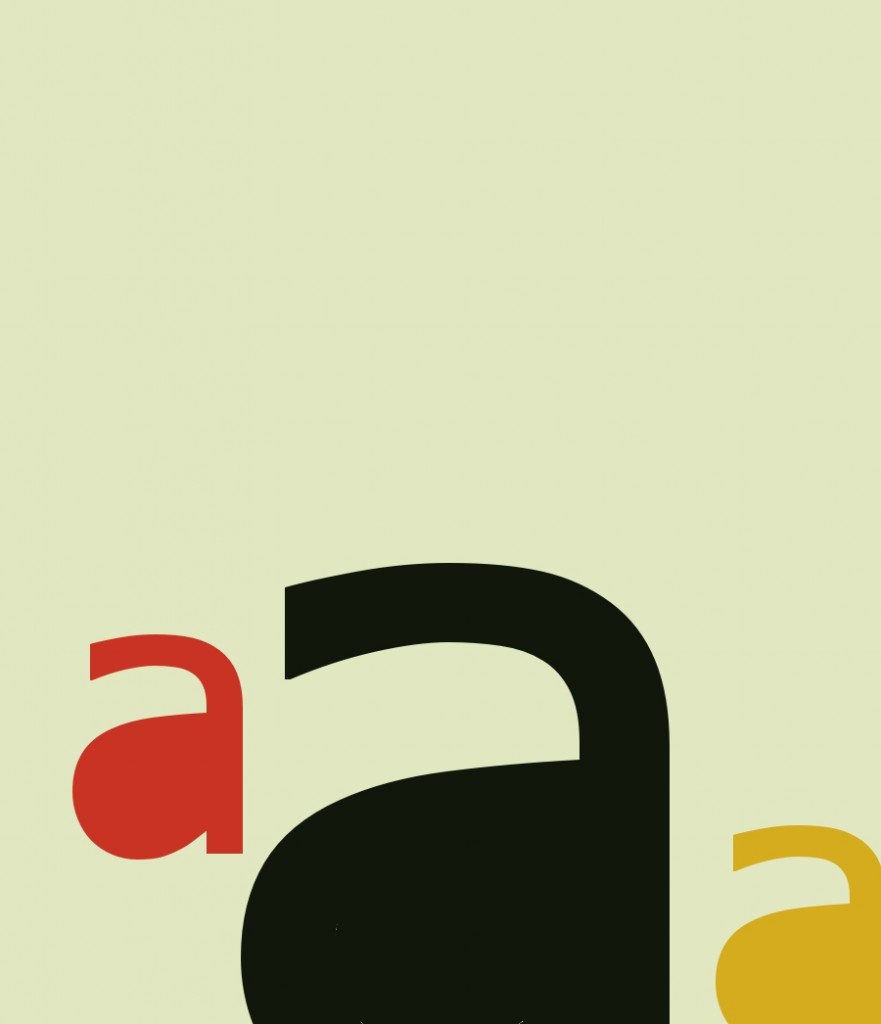
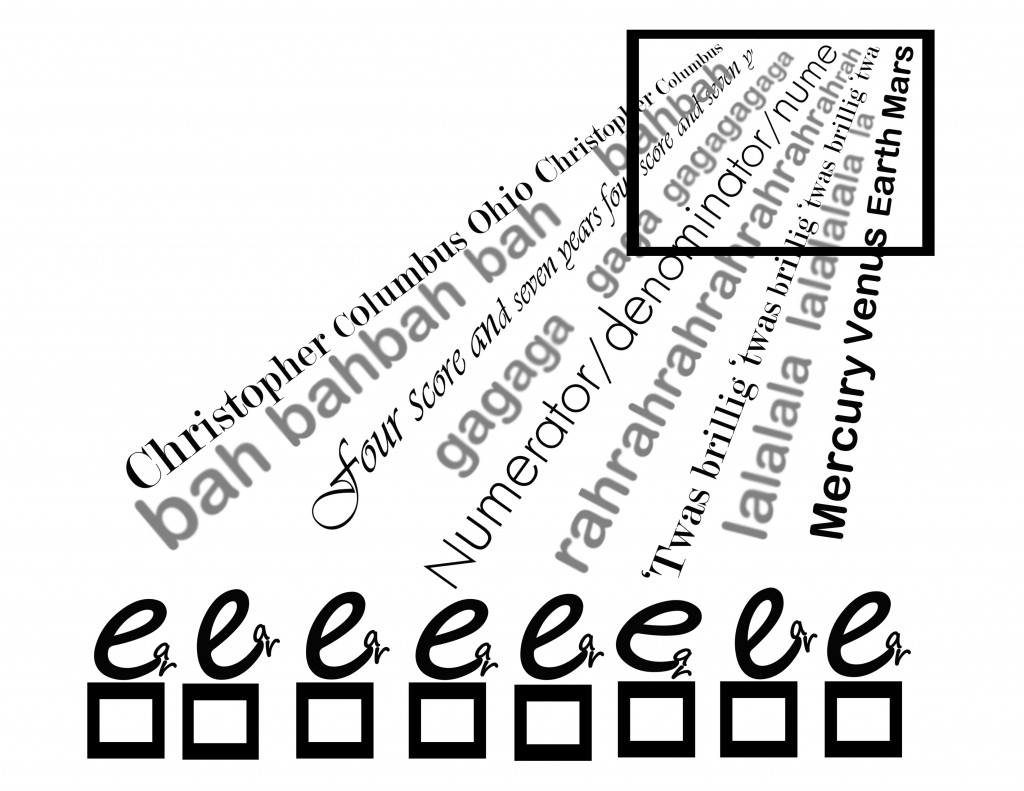


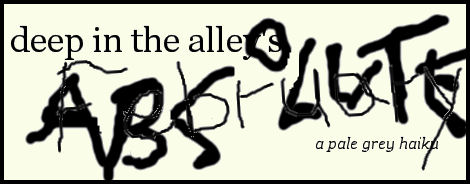






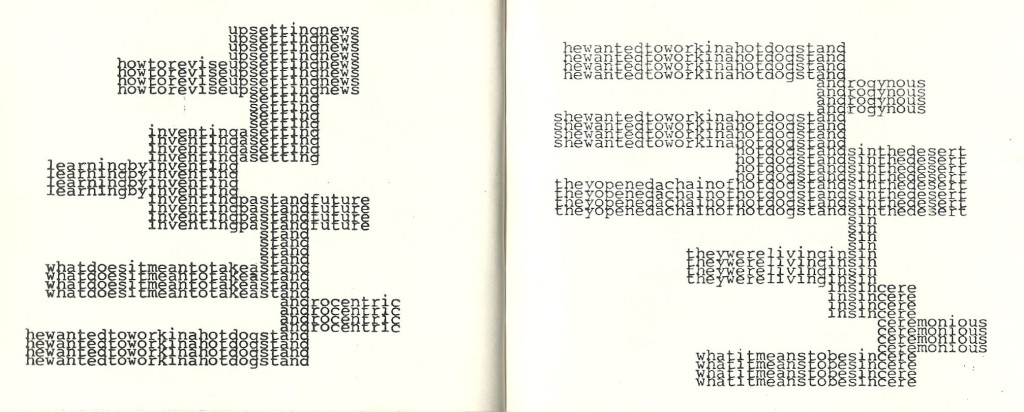




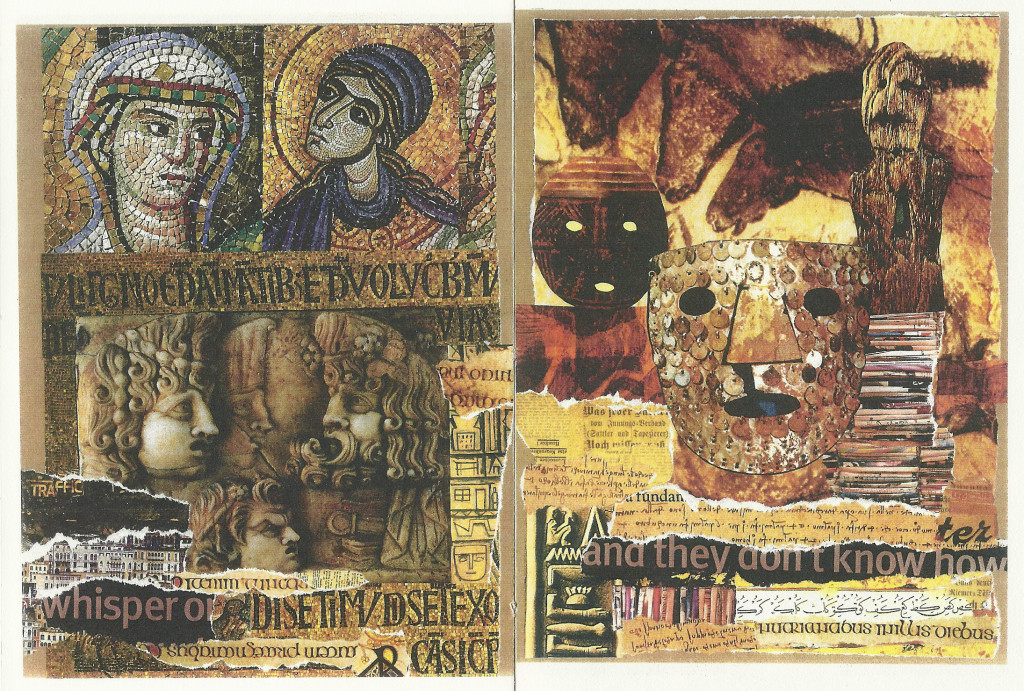
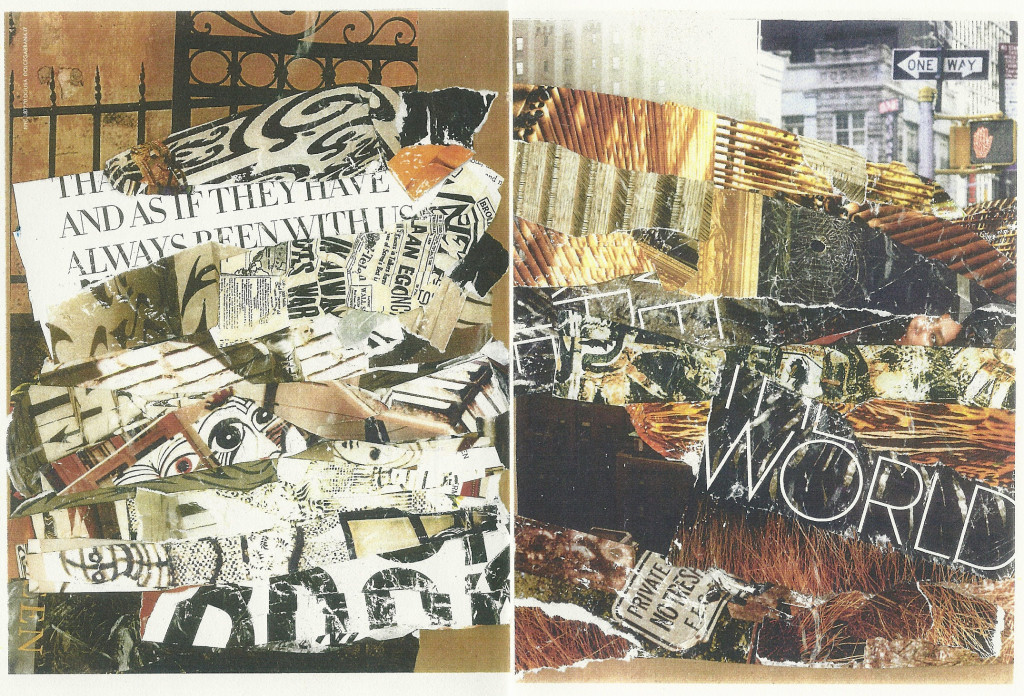

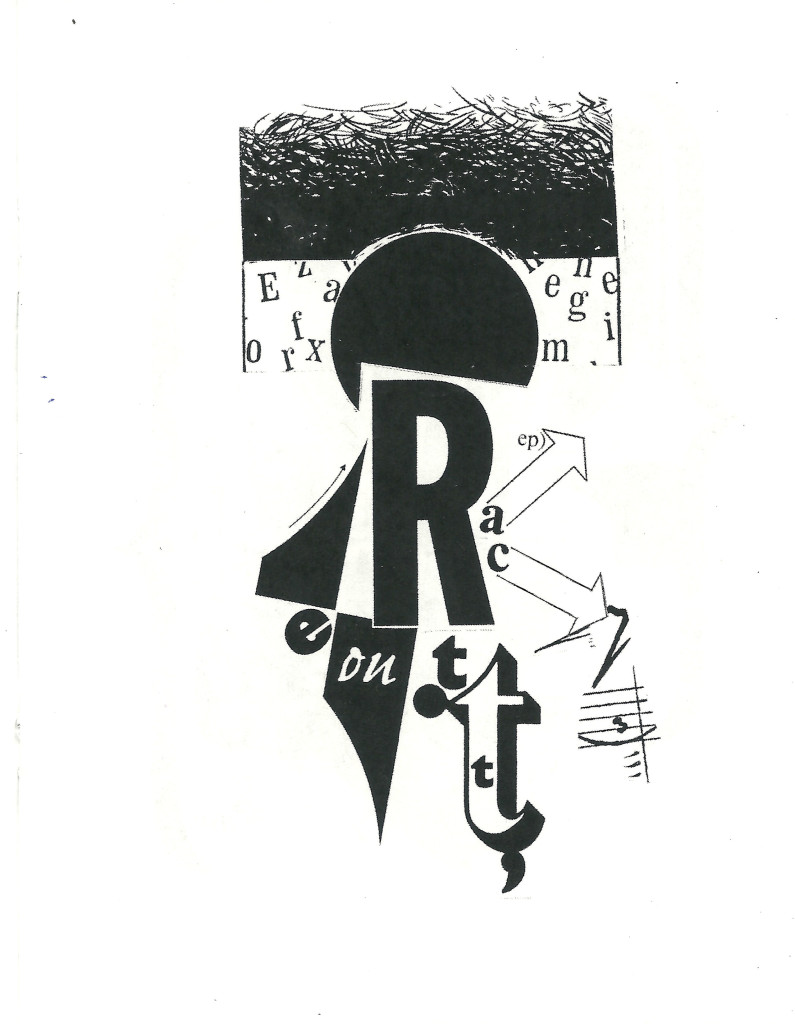
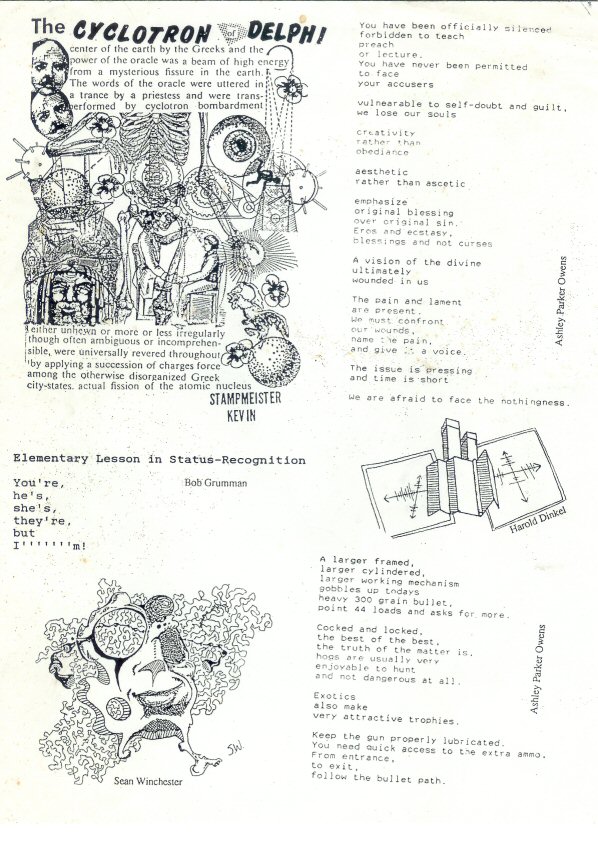
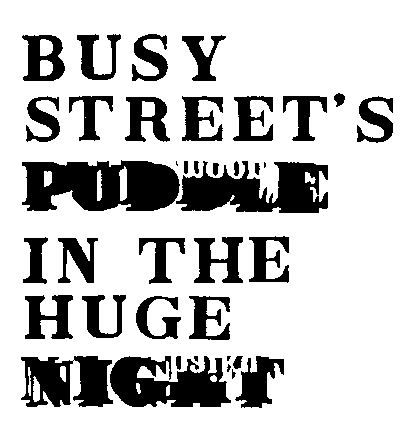
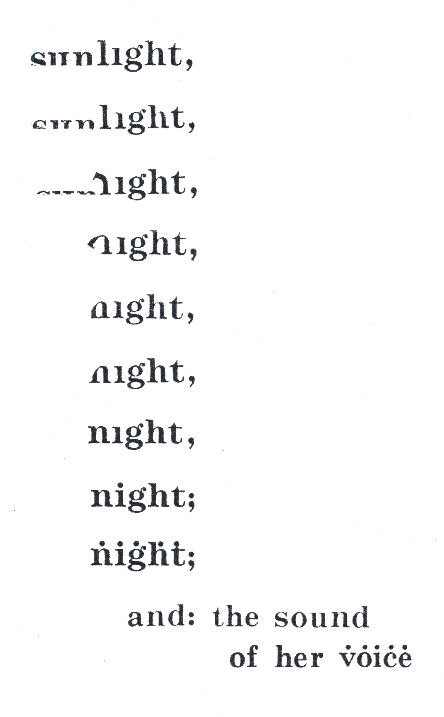
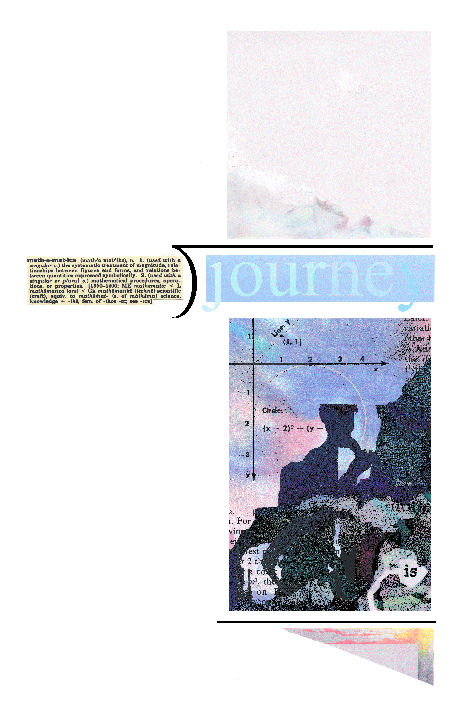


![DSC_1536[12]](/wp-content/uploads/2011/04/DSC_153612-e1302650888895.jpg)
 .
.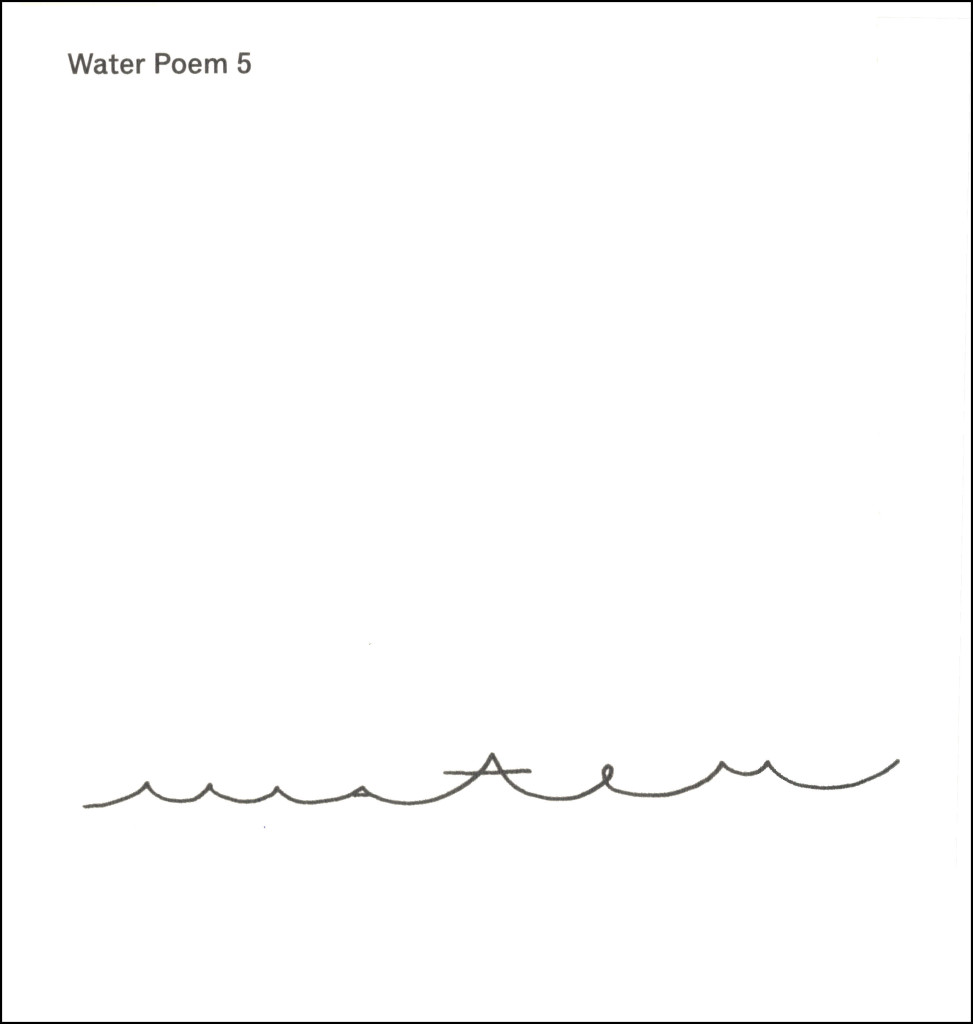

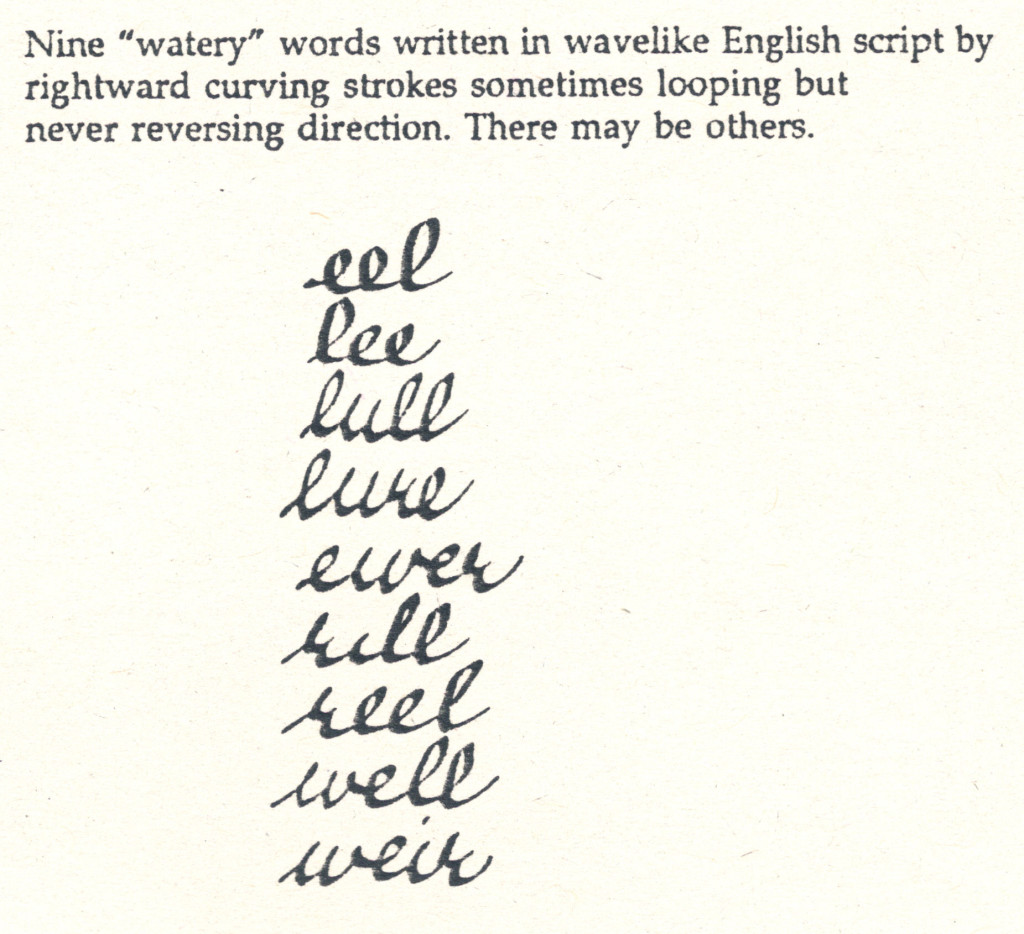
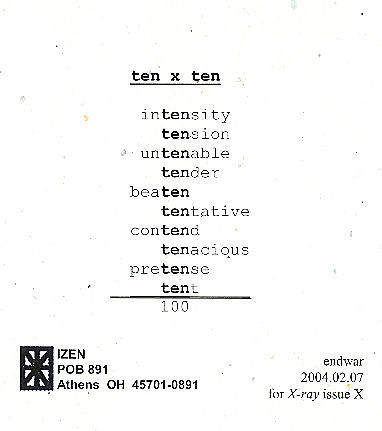 As I announced when I first posted this, I am hoping to publish an antho- logy of mathematical poems, like this one, so if you have one or know of one, send me a copy of it, or tell me about it.
As I announced when I first posted this, I am hoping to publish an antho- logy of mathematical poems, like this one, so if you have one or know of one, send me a copy of it, or tell me about it.

Thank you so much for your encouragement, Bob! It means a lot!
(I’ve just read your entry. I was out of town /and without internet connection/ for five days from Sunday.
All the very best,
Marton